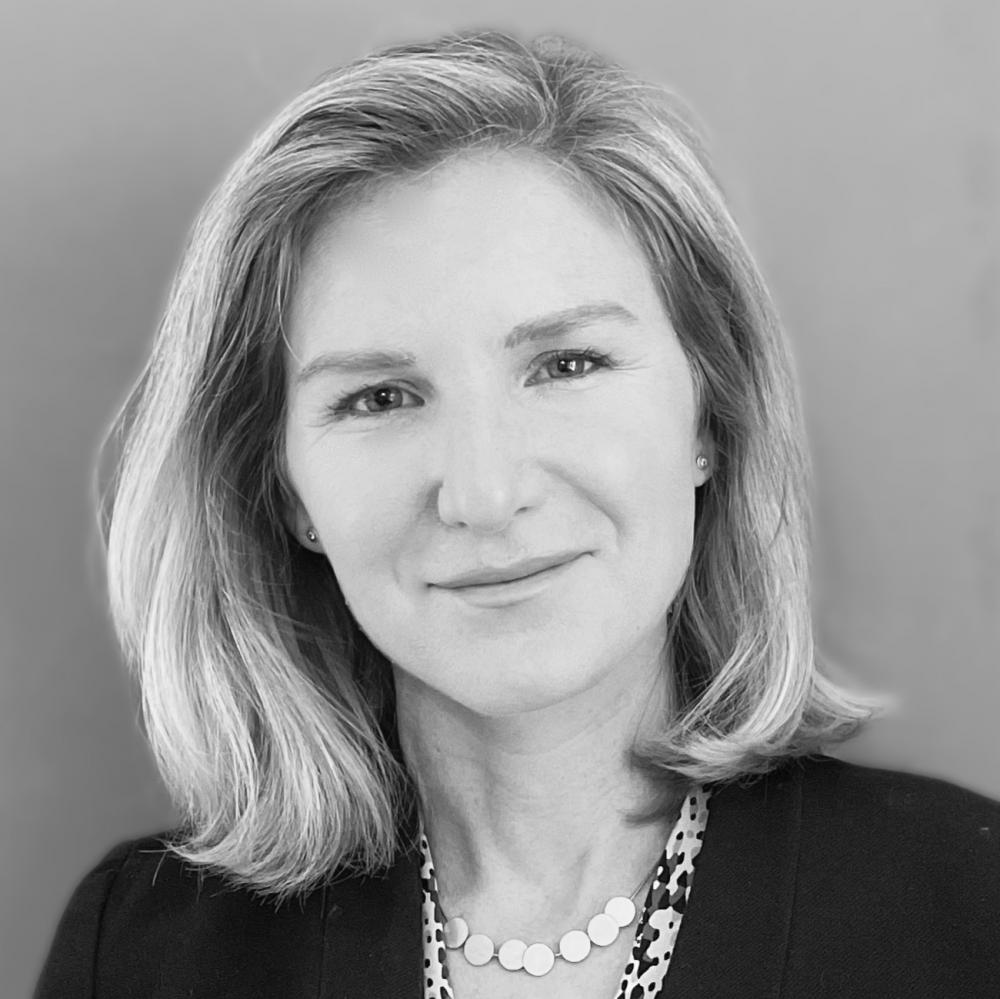
Over the last year, as U.S. financial regulators have sent signal after signal that greater environmental, social and governance (ESG) and climate risk oversight is on the near horizon, the European Union has been busy actually codifying its sustainability goals. By mandating that financial advisors and managers in the EU approach climate and sustainability as a fundamental investment risk, the new ESG regulations will transform the global standard for risk management.
What is the Sustainable Finance Disclosure Regulation?
The EU’s Sustainable Finance Disclosure Regulation (SFDR), which came into effect in March, is designed to drive capital toward sustainably-oriented investments. It is widely considered the broadest regulatory action in sustainable finance to date. And for U.S. firms trying to keep up with the blistering pace of ESG-related transformations within the financial sector, the SFDR could offer some clarity.
The SFDR was initiated by the European Commission as part of a broad EU action plan, announced in 2018, to encourage sustainable investing throughout the EU financial system and to put ESG issues on-par with traditional financial risk indicators. It is broad in its scope covering nearly all asset managers, investment product providers, and financial advisors that operate within the EU. The first phase of reporting standards is already in effect and increasingly detailed reporting obligations will phase in over the coming months and years.
What do the regulations require of EU asset managers and financial advisors?
Under the SFDR, all EU asset managers (whether or not they are focused on sustainability) are now asked to publicly disclose: their approach to incorporating sustainability considerations their investment decisions; any “adverse impacts'' investments may have on environmental or social factors; and, any sustainability risks that may impact investment performance.
Starting in January, financial products marketed as having ESG characteristics or a “sustainable investment” objective will face additional reporting requirements intended to discourage greenwashing.
Financial advisors will now be required to counsel clients on the sustainability implications of their investments -- including the potential impact (whether negative or positive) on the financial performance of their investments.
The SFDR will act as a mandate for participants in financial markets to “do no harm” to society and the environment while also safeguarding investors from exposure to undue risk stemming from poor ESG positioning of their investments. The regulations are written to make sustainability considerations a routine addition to existing financial disclosure and risk-management requirements.
The regulations follow a “comply or explain” approach, wherein managers and advisors who choose not to comply with the disclosure rules must instead provide a clear explanation of why sustainability considerations are not relevant. This effectively shifts the default assumption to one of material relevance, placing consideration of ESG issues squarely within standard risk-management frameworks. Under this paradigm, a lack of consideration of ESG risks (for example, the risk to a company’s profitability from the imposition of a carbon-tax or a supply chain disruption resulting from a flood event) could be considered a breach of fiduciary responsibilities.
What does this mean for ESG - and U.S. firms?
The SFDR has an impact on U.S. firms through one direct channel: Non-EU managers and advisors that market financial products into the EU or provide advice to EU firms are also covered. These are typically large players in the industry. BlackRock, for example, has made its SFDR statements public through its website. In a memo released in March, the firm reported that nearly $400 billion in assets fall under the scope of SFDR.
For most U.S. managers and advisors, the SFDR will have a more indirect effect: catalyzing a new standard for ESG risk accountability. The reputational costs of ignoring the sustainability aspects of risk-management and the potential flight of capital toward firms that are working within this new paradigm will now need to be considered.
The idea that sustainability issues could impact investment fiduciaries in the U.S. is not new. In the last decade, policy groups and academics have been proposing that investment fiduciary standards be revised (or reinterpreted) to include sustainability considerations. The argument they make is that the best long-term interests for the majority of household investors cannot be met without consideration of environmental and social well-being – a short-term focus on purely financial goals is no longer adequate.
The EU regulations will drive greater reporting of ESG risk data
One of the most transformative aspects of the SFDR may be its impact on corporate reporting. Large asset managers, already hungry for more quantitative ESG data, are now calling for disclosures that are both mandatory and consistent with international reporting frameworks.
To meet this demand, third party data providers such as MSCI, Refinitiv, Sustainalytics, Moody’s and S&P Global are now tailoring products toward the data-points needed for compliance with the SFDR.
Taken together, the regulatory and cultural trends driving corporate ESG and climate-risk disclosure will ultimately set a new normal for best-in-class risk reporting both at the corporate and portfolio level. U.S. managers and advisors who don’t start integrating these data will likely find themselves out-of-step with evolving risk-management standards.
Image credit: Porapak Apichodilok/Pexels

Alicia Karspeck is the head of research at Fabric RQ, which provides institutional-quality risk management technology to individuals through their financial advisors. She has a Ph.D. in climate modeling from Columbia University.














